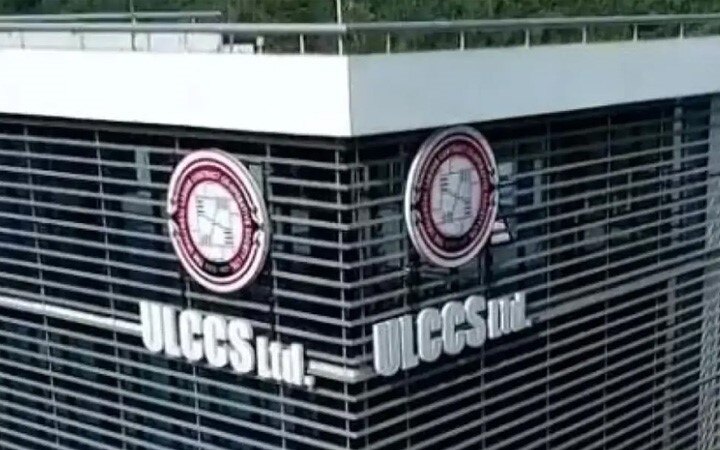Uralungal, village cooperative turns into world's 2nd largest cooperative

The Uralungal Cooperative Society was formed by the eminent social reformer Saint Vagbhatananda in a remote rural hamlet called Uralungal in Vadakara of Kozhikode district of Kerala in 1925.
In 1924, one of the then local newspapers published an article on a notification of Malabar District Board under British rule inviting people to form cooperatives in the Malabar region. This led 14 young people to form the Uralungal Workers Cooperative Society, which gives equality among them.
The growth of the cooperative from a 37 paise British Indian currency to Rs 5,000 crore Indian rupees in a period of 96 years was achieved by its ethical practices of labour welfare and vigilant measures of 'Capital accountability'.
Interestingly, the first work executed was erecting walls for a fish market destroyed in the 1924 Malabar floods, Uralungal Labour Contract Cooperative Society (ULCCS) has developed to become the biggest workers contract cooperative society, providing direct employment to more than 13,500 workers from rural and remote areas.
Rameshan Paleri, Chairman of ULCCSS while speaking to IANS said, "We believe in the principle of inclusiveness and accountability. Also we complete works on time or before the deadline, thus making us the most sought after group in the construction industry and now we are the biggest in Kerala as far as construction of roads, buildings, bridges, highways are concerned. Government departments come in search of us rather than going behind these projects. It's the commitment, team work and our culture of cooperation that made us reach here and the quality of our work has always been exemplary which is attributed by our clients."
The guiding principle of ULCCS has always been the welfare of its members and the management and control are vested in the members themselves who function with the utmost transparency and simplicity.
ULCCS works like a professional group with a programme schedule for each of the projects in such a way that the projects are completed before time. The people concerned with the work, including the members should submit the report on the progress of work to the Directors who in turn visit the sites and check for overall discipline and ensure that the work is progressing as per the schedule and the board meets everyday and discusses everyday problems and gets to a solution immediately.
It is interesting to note that ULCCS did not lose a single day due to the innovative ways of employee centric comradeship and the labour welfare centric approach of ULCCS makes it unique in the world and marks it as an organiSation "Of the workers, by the workers and for the workers."
ULCCS has now branched out into a number of sectors such as UL Cyberpark in IT/ITeS infrastructure development, UL Technology Solutions Total Solution Provider in IT/ITeS sector, Indian Institute of Infrastructure and Construction, DDUGKY in Education, Skill development sector, UL Agriculture in Agriculture areas, Sargalayala and Vellar craft villages in Tourism/Handicraft sector, Madithatt and Nayanar Balikasadanam in Charity sector, UL Disaster management and Rescue team for supporting government during emergency time.
Presently ULCCS has 12 members on its board and interestingly all directors are full time workers of the society as ULCCS restricts its membership only to people who contribute directly to the work undertaken by the Society. The society employs a well trained and experienced team of more than 1,000 technical professionals.
The 2013 Indian Cooperative Congress has acknowledged ULCCS as the best worker's Cooperative society in India and the World Cooperative Monitor published by the International Cooperative Alliance has ranked ULCCS in second position after the world leader in Cooperatives, Modragon of Spain. This ranking is based on the ratio of turnover over gross domestic product (GDP) per capita.
ULCCS can be termed as a successful example of how technology adoption at grassroots level can make phenomenal changes in the lives of the people in rural India.
Rameshan Paleri says, "In ULCCS we are a team, there is no demarcation between the workers and board of directors. We have reached this height only because of our hard work, commitment and inclusiveness. Everyone in this organisation starts off as a worker and the board comprises people who have been workers and hence we can understand the grassroots realities."


